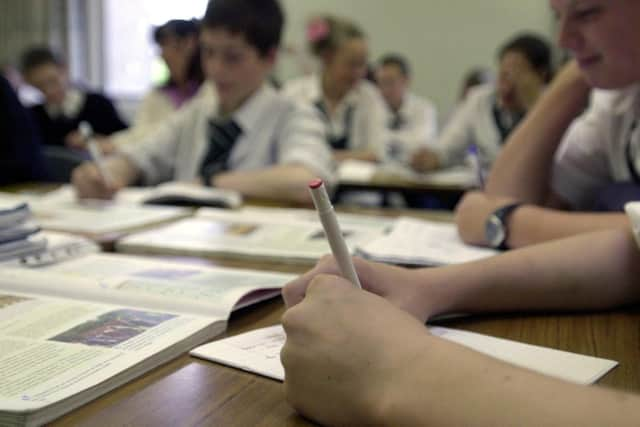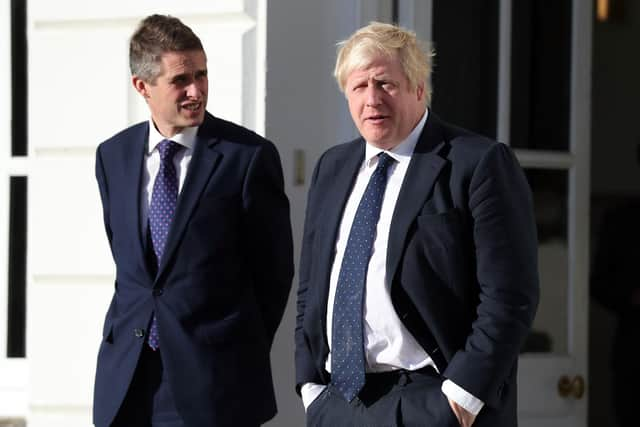City's poorer GCSE pupils nearly two years behind richer classmates
and live on Freeview channel 276
The annual report of the Education Policy Institute (EPI) think-tank shows disadvantaged GCSE students in Sunderland were 22.5 months of learning behind more affluent peers nationally in 2019, a rise of 2.3 months since 2012, with the Sunderland’s education gap among the widest in England.
Nearly a third, 32%, of the city’s secondary school pupils were classed as disadvantaged, meaning they were eligible for free school meals at any point in the last six years.
Advertisement
Hide AdAdvertisement
Hide AdFigures also show that 17% are defined as persistently disadvantaged: eligible for free school meals for 80% or more of their school life.


Researchers at the EPI said a rise in persistent poverty had stunted progress in closing the gap nationally over the last five years, with the poorest GCSE students still an average of 18.1 months behind.
The education gap also exists for disadvantaged younger children in Sunderland, with five-year-olds trailing by 2.8 months and primary school pupils by 9.1 months.
The EPI said the failure to close the national attainment gap undermines Prime Minister Boris Johnson’s “levelling up” agenda.
Advertisement
Hide AdAdvertisement
Hide AdDavid Laws, executive chairman of EPI, said this comes despite a Government pledge of more equality.


He said: “Before the Covid crisis, disadvantaged children were around 1.5 years of learning behind other pupils, and this figure seems almost certain to have increased since the closure of schools.
“It is deeply concerning that our country entered the pandemic with such a lack of progress in this key area of social policy, and the Government urgently needs to put in place new policy measures to help poor children to start to close the gap again.”
A Department for Education spokesman said: “Getting all children back into their classrooms full-time in September is a national priority, because it is the best place for their education, development and wellbeing.
Advertisement
Hide AdAdvertisement
Hide Ad“While the attainment gap had narrowed since 2011, many have had their education disrupted by coronavirus, and we cannot let these children lose out."
He added that the £1 billion Covid catch-up package will tackle the impact of lost teaching time, with £350 million for disadvantaged students.